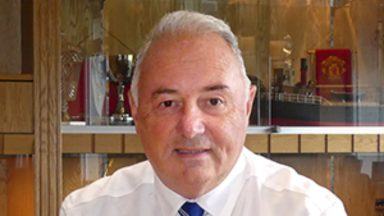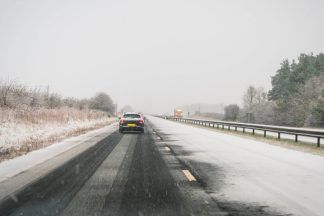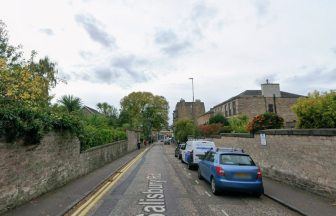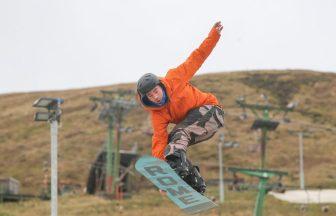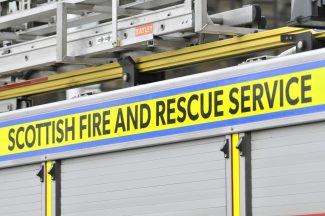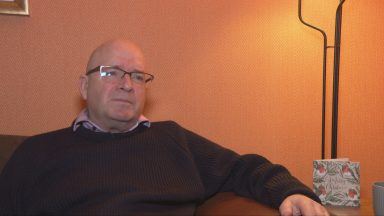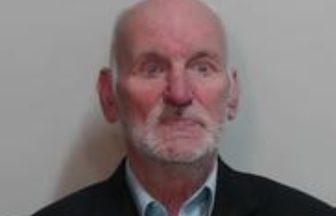Controversial proposals to pilot rape trials without a jury should be ditched, lawyers have said, after a Holyrood committee failed to give its backing to the move.
The Law Society of Scotland has urged the Scottish Government to abandon plans to hold trials for rape and attempted rape before a judge alone, instead of having a judge and jury.
Scotland’s legal profession says the plan is flawed and lacks evidence to support it – but the charity rape crisis Scotland says the change would help improve the low rate of convictions.
Since her rapist was jailed, Hannah has spoken out about her experience of the legal system in the hope it will help others.
Only around half of rape trials end in a conviction, while that figure rises to more than 90% for criminal cases overall.
And Hannah wonders to what extent that could be down to juries.

She told STV News: “How does the decision whether guilty or not come down to random people who have plucked from the public?
“The people in that room would be trained professionals who have earned their right to be there that day.
“The people picked from the public, you have no idea about their preconceived mindsets.
“They might have little to no understanding of how trauma impacts the body or brain. They might not know about abusive relationships or coercive control. They might still have an old fashioned view of what rape is.
“For me personally, if it was trauma-informed, trained, specialised judges, that would have a positive impact for future survivors.”
The measure is in the Scottish Government’s Victims, Witnesses and Justice Reform Bill – which is also set to bring in other changes including scrapping the not proven verdict and reducing the number of people required on a jury from 15 to 12.
The charity Rape Crisis Scotland has been pushing for a pilot of trials without a jury.
The charity’s chief Sandy Brindley said: “What we know is some people react differently to rape. some people don’t fight back due to the impact of trauma. Some women giving evidence in court the way of getting through that is to try not to be upset.

“There’s a real concern juries are making decisions not based on evidence but based on attitudes or false assumptions they are bringing to bear. What that could mean is guilty men walking free.”
A Holyrood committee considering the issue was split along party lines – and the law society which represents and regulates solicitors has concerns about placing the decision on guilt solely in judges’ hands.
Sheila Webster, president of the Law Society of Scotland said: “The judiciary are generally more male than female, still to this day. They are mostly white, older men.
“All of those things mean that one man probably would be making a decision, compared with a number of people on the jury – whether that will be 12 or 15 – who will much more like the person who is being subjected to that trial after being accused of a particularly serious crime.”
Justice secretary Angela Constance said: “I am pleased the committee has agreed on the general principles of the Victims, Witnesses, and Justice Reform (Scotland) Bill which will put victims and witnesses at the heart of the justice system and ensure they are treated with compassion.
“I am keen to build consensus on the Bill’s proposals and note the backing and the comments made by the committee.
“I will continue to work with and listen to the voices of partners from across the justice system, as well as victims themselves, as we progress the Bill”.
Follow STV News on WhatsApp
Scan the QR code on your mobile device for all the latest news from around the country








